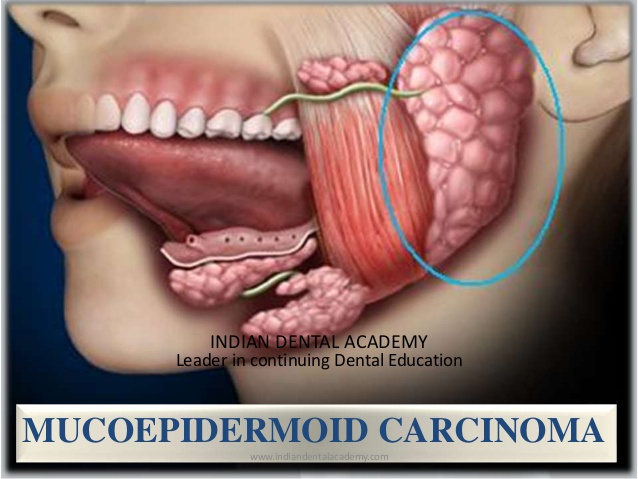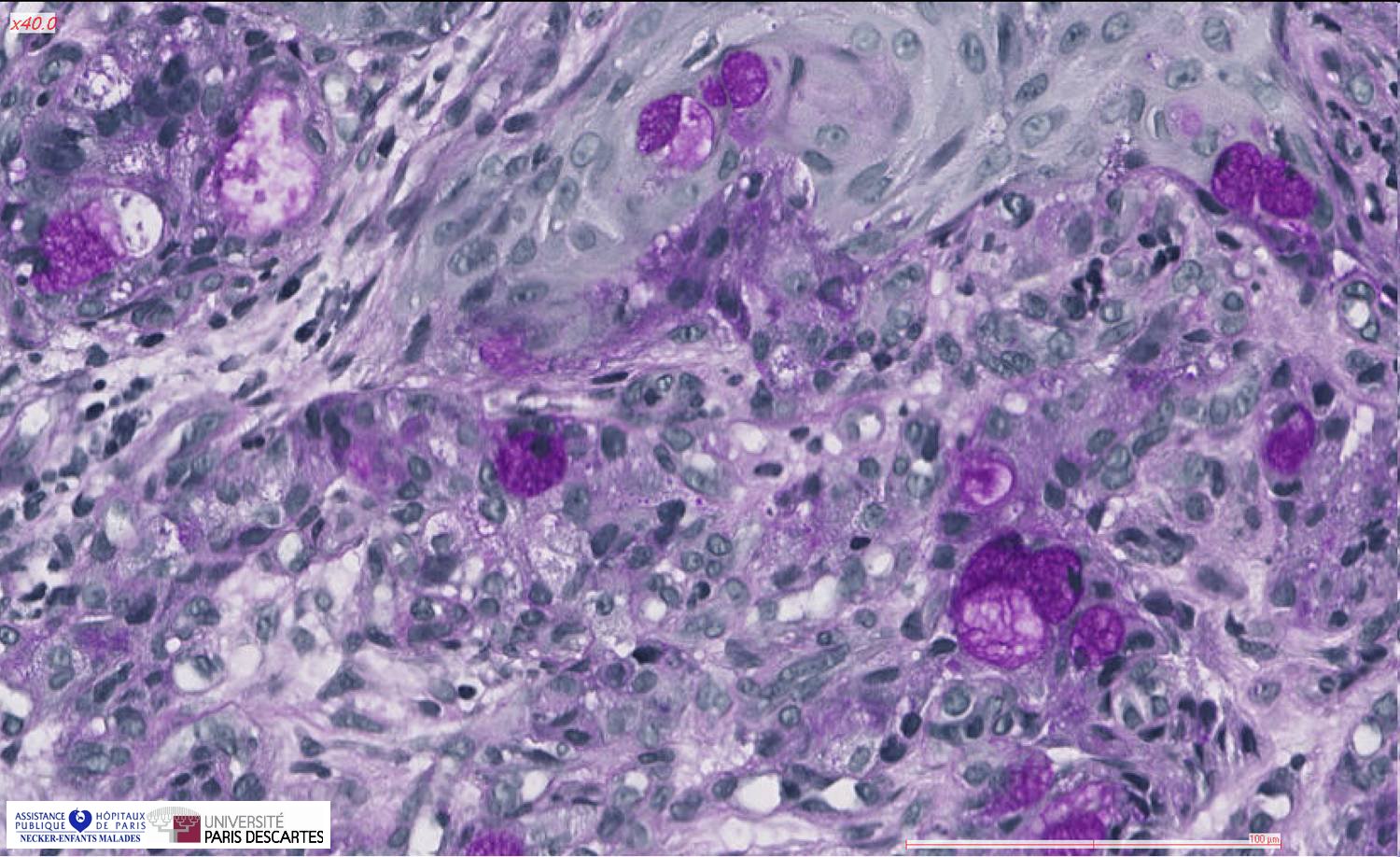By
Hang-Eun Lee et. al.,
Fucoidan, a sulfated polysaccharide present in brown algae, has been identified to have multiple biological effects such as antitumor, immunomodulation, antiviral and anticoagulation. The effects of cancer cells are preventable in regard to the secondary fucoidan effect. In this study, we evaluate the effect of fucoidan on human mucoepidermoid carcinoma.
(Examination Method and Result)
To investigate the anticancer effect of fucoidan, the growth-inhibitory clout of fucoidan in MC-3 cell line was first assessed. Cells were treated with 20, 50, and 100 μg/mL of fucoidan in MC3 cells for 48 hours. The results demonstrated that fucoidan induced morphological changes of the MC3 cells and proliferation of the cells was significantly reduced in a concentration-dependent manner (Fig.1A). Apoptosis was observed, under a microscope, in the cell’s membrane (fragmentation and agglomerative) when treated with fucoidan as shown in Figure 1B. Next, we investigated the induction mechanism of apoptosis in MC3 cells. This activity of fucoidan was determined by evaluating the protease known as caspase. When fucoidan was treated on MC3 cells, there was an increase in expression of the activated caspase-3 and the level of PARP (protein involving DNA repair and programmed cell death) cleavage, proving that fucoidan has effects on PARP and caspase-3, as shown in Figure 2.
As for cancer cells, Mc1-1 (induce myeloid leukemia cell differentiation protein) overexpressed, whereas caspase activation was suppressed with the induction of apoptosis. MC3 cells also express Mc1-1, but this expression decreased significantly with the treatment of concentrated fucoidan in a dependent manner shown in Figure 3.
This result indicated that fucoidan suppresses proliferation of MC3 cells (human mucoepidermoid carcinoma) and induces apoptotic cell death in MC3 cells.
To the best of our knowledge, this study demonstrated for the first time that fucoidan can induce apoptotic cell death of human mucoepidermoid carcinoma (MEC). Thus fucoidan may be a promising dietary compound for the treatment of human mucoepidermoid carcinoma.





